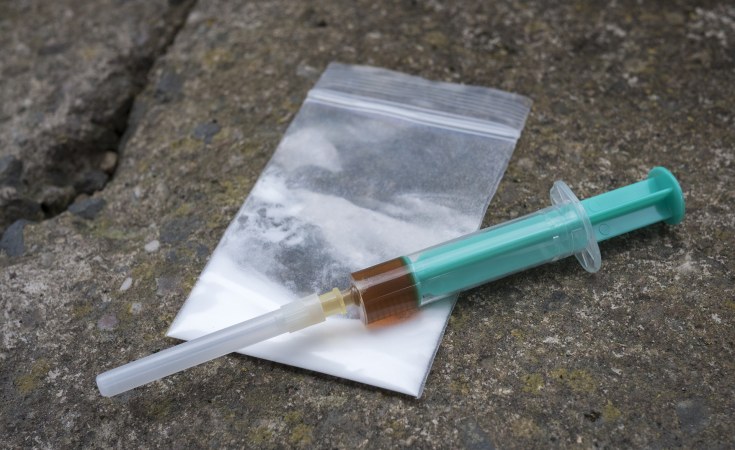The Liberian Senate and the House of Representatives have passed a drug law making the cultivation, manufacture, importation, export, trafficking and sale of controlled drugs and substances not bailable.
The lawmakers consider these act listed as a first degree felony, a grave offense under Liberian laws.
However, the law makes the use or consumption of controlled drugs and substances a second degree felony and is bailable consistent with the constitutional right to bail for the commission of the crime.
On Tuesday, 27 June 2023, the Plenary of the Liberian Senate adopted a conference committee report seeking to enact into law an Act to Amend Chapter 14 of the New Penal Law of Liberia.
The instrument is under the title "Offense Involving Danger to the Person."
The Senate added Subchapter 'E' under the title: Controlled Drugs and Substances Act of 2014," now "Controlled Drugs and Substances Act of 2023."
Headed by Grand Cape Mount County Senator Varney G. Sherman, the Conference Committee was intended to harmonize the two versions of the bill from the House of Representatives and the Senate to make it more robust.
It also sought to meet international standards under the laws of the country in the control of illicit drugs and substances across the country.
The House of Representatives similarly passed the drug law making the offense non-bailable.
The plenary of the House of Representatives took the decision Tuesday, 27 June 27, following a report from the legislative Conference Committee on the Drugs Law of Liberia.
According to the report, the committee recommended that amendment of Chapter 14, offenses involving danger to the person.
The conference committee added that part five, Regulation of Drugs, Public Health law, Liberian Code Revised are repealed.
In its harmonization of the two versions of the bill, the Liberian Senate took into consideration that the right to bail is a fundamental constitutional right.
It took into consideration that such right should be denied only where the offense is a capital offense or is determined by law to be a grave offense.
The Senate's version of the law provides that the cultivation, manufacture, importation, export, trafficking and sale of controlled drugs and substances is a first degree felony, a grave offense, and therefore is not billable.
The Conference Committee also indicated that properties, real and personal, used in the process of committing any of these offenses shall escheat to the Republic.
At the same time, the Conference Committee reported that proceeds from the sale of properties escheated to the Republic shall be appropriated to relevant state agencies and for rehabilitation purposes.
Twenty-five percent of the proceeds will go toward the drug enforcement agencies, twenty-five percent for drug prevention and rehabilitation programs, and fifty percent to the general revenue of the Republic.
These appropriations to the drug enforcement agencies and to drug prevention and rehabilitation programs shall be in addition to any appropriation which shall be made annually by the Legislature in the National Budget.
The Conference Committee also indicated that the use or consumption of controlled drugs and substance is a second degree felony and is billable consistent with the constitutional right to bail for the commission of the crime.
Meanwhile, the Liberian Senate through the office of the Secretary of Senate has accordingly informed the House of Representatives on its action.
At the House, the body suggested the consumers are deemed to be victims of the cultivators, manufacturers, importers, exporters, traffickers and sellers.
The law also provides that where the convict of any of these crimes is not a Liberian, after serving his/her sentence, he/she shall be deported from Liberia.


